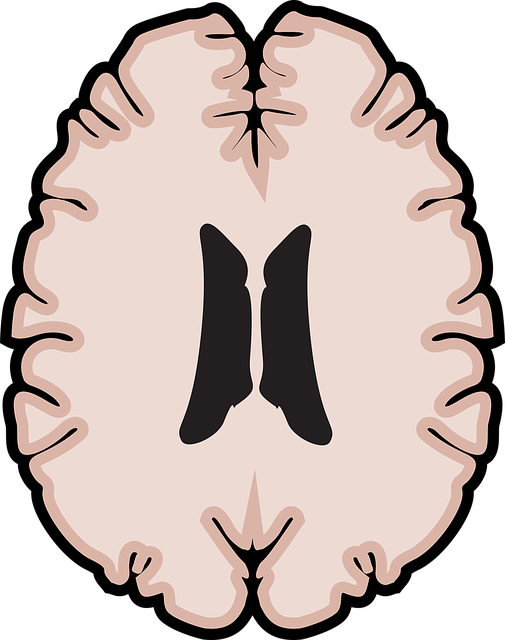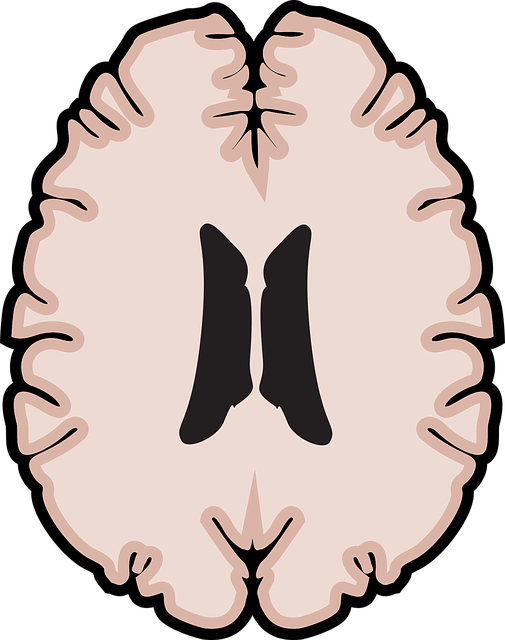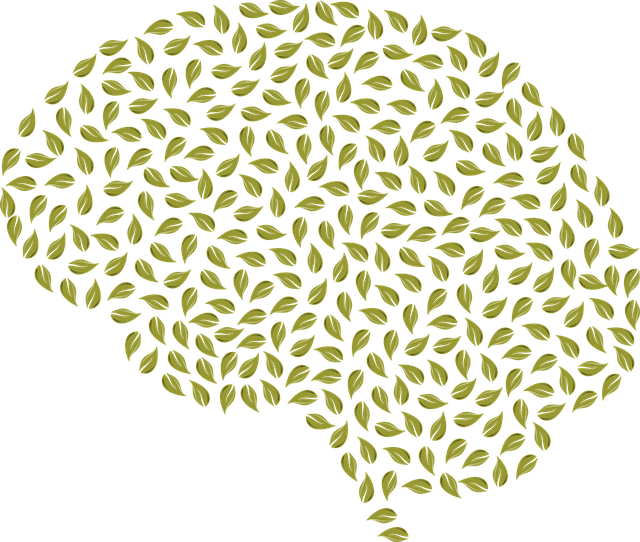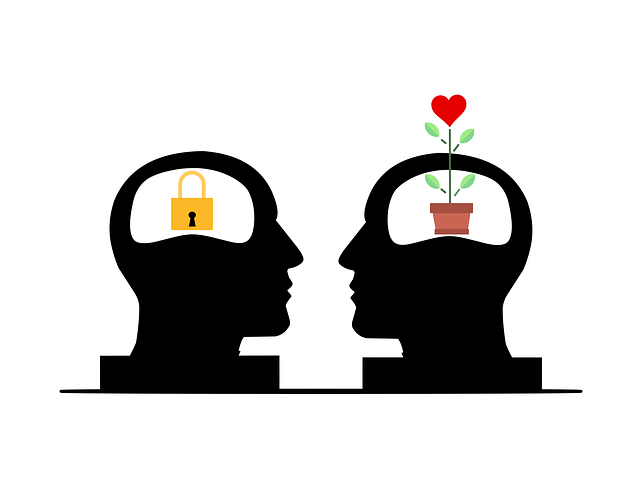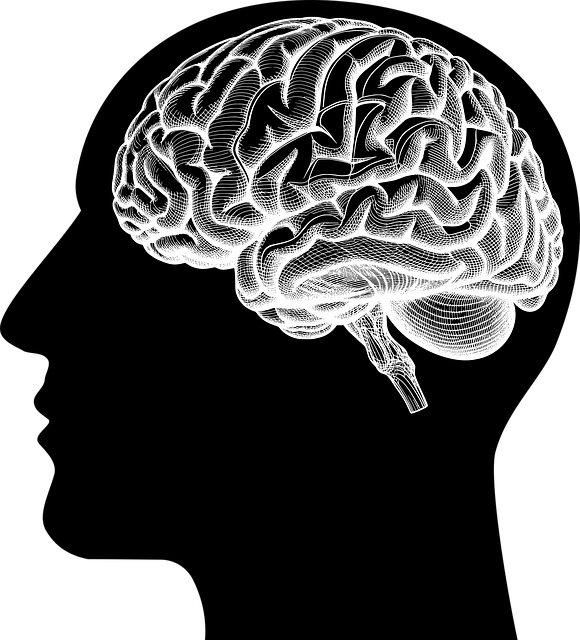Lone Tree Online Therapy revolutionizes mental health care with accurate diagnoses, remote virtual sessions, and a holistic approach. This platform combines conflict resolution, self-esteem improvement, and mind over matter techniques to empower clients in their healing journey. By offering convenient, confidential home-based therapy, it enhances diagnosis accuracy and timely interventions, especially for those in remote areas or facing geographical barriers. Advanced digital tools, risk management planning, comprehensive training, community outreach, and interactive workshops further ensure personalized treatment plans based on biological, psychological, and social factors. Lone Tree Online Therapy's patient-centric approach promotes mental wellness through resilience-building techniques, reducing stigma, and fostering stability.
Mental illness diagnosis accuracy has long been a subject of concern, leading to various improvement efforts. This article explores critical strategies aimed at enhancing mental health assessment, focusing on online therapy platforms, advanced diagnostic tools, healthcare professional training, and patient advocacy. By leveraging digital innovations like Lone Tree Online Therapy, we can improve access to accurate diagnoses and effective treatment, ultimately reducing the burden of mental illness.
- Understanding Mental Health Diagnosis Challenges
- The Role of Online Therapy Platforms
- Enhancing Diagnostic Tools and Techniques
- Training and Education for Healthcare Professionals
- Patient Advocacy and Support Systems
Understanding Mental Health Diagnosis Challenges

Diagnosing mental health conditions accurately can be a complex and challenging task, especially as many individuals present with subtle symptoms or unique experiences that don’t always align with traditional diagnostic criteria. This complexity is further exacerbated by the diverse range of mental illnesses, each with its own set of indicators and severity levels. For example, a person’s struggle with anxiety might manifest differently; some may experience intense, persistent worry, while others exhibit more subtle signs like avoidance behaviors or physical symptoms.
Lone Tree Online Therapy offers a promising approach to addressing these challenges. With the advancements in digital health platforms, individuals can now access professional support and guidance remotely. Through virtual therapy sessions, therapists can gain valuable insights into clients’ lives, including their personal narratives, relationships, and coping strategies. This comprehensive understanding enables more precise diagnoses by considering the complex interplay of biological, psychological, and social factors—a shift from the traditional, symptom-focused assessments. Additionally, integrating conflict resolution techniques, self-esteem improvement strategies, and promoting mind over matter principles can empower clients to actively participate in their healing process.
The Role of Online Therapy Platforms

The advent of online therapy platforms has significantly enhanced mental health support accessibility, especially for individuals in remote areas or facing geographical barriers to traditional therapy. Lone Tree Online Therapy, for instance, offers a convenient and confidential space for clients to connect with licensed therapists from the comfort of their homes. This shift towards digital therapy is pivotal in improving diagnosis accuracy and facilitating timely interventions. By utilizing video conferencing, chat services, and interactive tools, these platforms enable detailed assessments, regular check-ins, and continuous support, fostering a more holistic approach to mental wellness.
Moreover, Lone Tree Online Therapy can play a crucial role in promoting self-care routine development for better mental health. The structured nature of online sessions encourages individuals to prioritize their well-being, enhance self-esteem, and cultivate positive thinking—all essential components of a robust self-care regimen. With regular practice, these platforms empower users to navigate their mental health journeys with greater resilience and self-awareness.
Enhancing Diagnostic Tools and Techniques

In the realm of mental health care, continuous efforts are being made to enhance diagnostic tools and techniques. With the advent of Lone Tree Online Therapy, professionals now have access to a robust set of digital resources that facilitate more accurate and efficient diagnoses. These tools leverage advanced algorithms and data analytics to interpret symptoms, thereby reducing human error and increasing consistency in assessments. Additionally, integrating Stress Management strategies into these platforms allows for a holistic approach, considering not just symptoms but also the patient’s overall well-being and coping mechanisms.
Risk Management Planning for Mental Health Professionals has become an integral part of this process, ensuring that every step of diagnosis is handled with utmost care and confidentiality. Moreover, focusing on Inner Strength Development through therapy sessions helps patients build resilience and cope better with mental health challenges. These advancements collectively contribute to a more nuanced understanding of mental illness, paving the way for personalized treatment plans tailored to individual needs.
Training and Education for Healthcare Professionals

Mental illness diagnosis accuracy has been a growing concern, prompting healthcare professionals to advocate for enhanced training and education. Lone Tree Online Therapy recognizes this need and offers resources tailored for modern practitioners. Through interactive workshops and ongoing support, therapists can develop advanced skills in assessment, utilizing the latest research and evidence-based practices. This includes mastering conflict resolution techniques to navigate sensitive discussions around mental health with patients.
Additionally, implementing a Community Outreach Program and producing a Mental Wellness Podcast Series can further contribute to improving diagnosis accuracy. These initiatives raise awareness, reduce stigma, and educate both healthcare providers and the general public. By combining comprehensive training with community engagement, Lone Tree Online Therapy aims to enhance the overall understanding of mental health, ensuring more accurate diagnoses and effective treatment plans for individuals seeking support through online therapy services.
Patient Advocacy and Support Systems

In the journey towards improving mental illness diagnosis accuracy, patient advocacy and robust support systems play a pivotal role. Lone Tree Online Therapy has recognized the power of community and connection in enhancing therapeutic outcomes. Through various initiatives, they foster an environment where individuals struggling with their mental health can find solace and guidance. By encouraging open dialogue and providing accessible platforms, patients are empowered to share their experiences, which helps therapists gain deeper insights into complex symptoms and behaviors. This collective approach not only improves diagnosis accuracy but also paves the way for personalized treatment plans that address each individual’s unique needs.
The integration of resilience-building techniques within these support systems has proven effective in mitigating symptoms of anxiety and trauma. Lone Tree Online Therapy offers Trauma Support Services tailored to help patients navigate their past traumas, promoting healing and growth. By combining evidence-based practices with a patient-centric approach, the therapy platform ensures that individuals not only receive accurate diagnoses but also develop the tools needed for long-term mental wellness. This holistic support system is instrumental in helping folks regain control of their lives and foster a sense of stability and resilience.
Mental illness diagnosis accuracy has seen significant advancements through innovative online therapy platforms, enhanced diagnostic tools, comprehensive training for healthcare professionals, and robust patient advocacy systems. By leveraging technology and prioritizing education, we can ensure more effective treatment and improved outcomes for individuals seeking mental health support, including those who benefit from Lone Tree Online Therapy. Continued efforts in these areas are crucial to fostering a more inclusive and accessible mental healthcare landscape.



